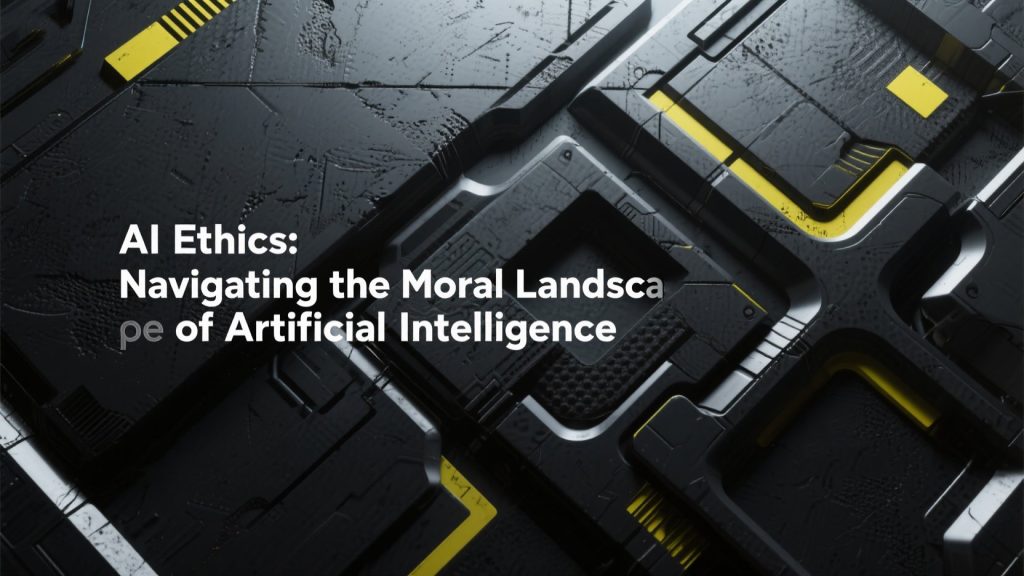
As Artificial Intelligence (AI) becomes increasingly embedded in our daily lives, it raises pressing ethical concerns that society must address. The moral landscape of AI spans a range of critical issues including privacy violations, algorithmic bias, transparency in automated decision-making, and the potential misuse of AI technologies for surveillance or authoritarian purposes.

Algorithmic bias is a major concern, stemming primarily from data quality and the design of AI systems. Biased AI can unfairly impact marginalized populations, leading to discriminatory outcomes in areas such as employment, healthcare, and law enforcement. For example, facial recognition technologies have often shown biases against minority groups due to insufficient or skewed training data.
Transparency and explainability in AI decision-making processes are equally crucial. Users and stakeholders must be able to understand how AI algorithms make decisions, particularly in sensitive fields like healthcare, finance, and criminal justice. Lack of transparency can lead to mistrust, misuse, and potential harms.
To effectively navigate these ethical challenges, corporations, policymakers, and researchers are increasingly promoting ethical AI frameworks. Initiatives such as ethical AI guidelines, comprehensive transparency standards, and inclusive dataset practices can mitigate risks associated with biased or opaque AI systems.
Global collaboration and robust oversight mechanisms, including regulations, independent auditing, and ethical review boards, are vital in ensuring AI technologies develop responsibly and ethically. AI ethics education and public awareness campaigns further reinforce informed usage and understanding among broader populations.
Addressing these ethical complexities proactively ensures AI remains a beneficial, empowering technology rather than becoming a source of social harm or inequality.






